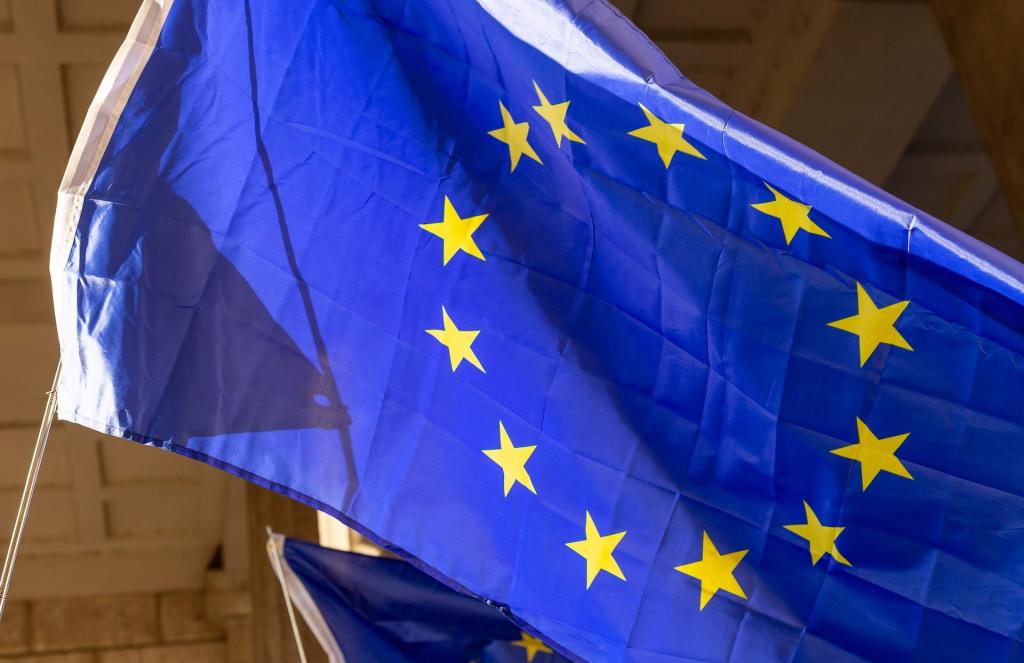Thessaloniki gets ready for its metro launch in November
The underground rapid transit lines have been under construction for almost two decades due to various project delays
 TheMayor.EU logo
TheMayor.EU logo 
The platforms and search engines will also be subject to annual assessments and audits , Source: Tetiana Shyshkina / Unsplash
The legislation will allow for unprecedented public oversight of online space
Yesterday, the EU Commission introduced the new Digital Services Act (DSA) that aims to create more accountability amongst internet platforms. The DSA, which entered into force on 16 November, comes with a very serious promise – to mandate more measures against fake news from big players in online services.
It also comes with a claim of allowing for more freedom of speech for average citizens by opening up platforms for outside arbitration and litigation.
Furthermore, the DSA calls for the creation of Digital Service Coordinators in each Member State, which will cooperate with the Commission and the European Board of Digital Services. Their job would be to supervise platforms and search engines on a local level.
According to a statement by the Commission, the DSA burdens platforms with new responsibilities to limit the spread of illegal content and products online, increase the protection of minors, give users more choice and better information.
However, the policy also distinguishes these obligations based on the number of people using the platform, with bigger players having more responsibility towards their users. All relevant players would have to use a new flagging system for illegal content.
Yet, platforms and search engines with more than 45 million users would have to be subject to annual safety assessments and audits performed by the EU. These assessments will be about illegal goods or disinformation, for example.
The DSA creates an unprecedented level of public oversite over large online platforms and search engines, both on the national and EU level. It also opens them up the platforms to much more public scrutiny.
For example, platforms will be limited in their ways to moderate content as users will have more ways to challenge their decisions, including when they are based on a platform’s terms and conditions. Users will now be able to complain directly to the platform, choose an out-of-court dispute settlement body or go to court.
The largest platforms and search engines will also have to make comprehensive risk assessments for people’s fundamental rights, including freedom of expression, personal data protection and child protection.
This article is part of Read Twice – an EU-funded project, coordinated by Euro Advance Association that targets young people and aims to counter disinformation and fake news by enhancing their skills to assess critically information, identify vicious and harmful media content and distinguish between facts and opinions, thus improving their media literacy competences.
The contents of this publication are the sole responsibility of its author and do not necessarily reflect the opinion of the European Union.

The underground rapid transit lines have been under construction for almost two decades due to various project delays

Now you can get your wine in Talence by paying directly in Bitcoin

That’s because the state has to spend money on updating the railway infrastructure rather than subsidizing the cost of the popular pass

Rethinking renewable energy sources for the urban landscape

The examples, compiled by Beyond Fossil Fuels, can inform and inspire communities and entrepreneurs that still feel trepidation at the prospect of energy transition

Now you can get your wine in Talence by paying directly in Bitcoin

The 10th European Conference on Sustainable Cities and Towns (ESCT) sets the stage for stronger cooperation between the EU, national and local level to fast track Europe's transition to climate neutrality.

At least, that’s the promise made by the mayor of Paris, Anne Hidalgo

The underground rapid transit lines have been under construction for almost two decades due to various project delays

At least, that’s the promise made by the mayor of Paris, Anne Hidalgo

Hostal de Pinós is located in the geographical centre of the autonomous region

Despite its church-y name, the district has long been known as the hangout spot for the artsy crowds

Urban dwellers across the EU are having a say in making their surroundings friendlier to people and the environment.

Forests in the EU can help green the European construction industry and bolster a continent-wide push for architectural improvements.

Apply by 10 November and do your part for the transformation of European public spaces

An interview with the Mayor of a Polish city that seeks to reinvent itself

An interview with the newly elected ICLEI President and Mayor of Malmö

A conversation with the Mayor of Lisbon about the spirit and dimensions of innovation present in the Portuguese capital














